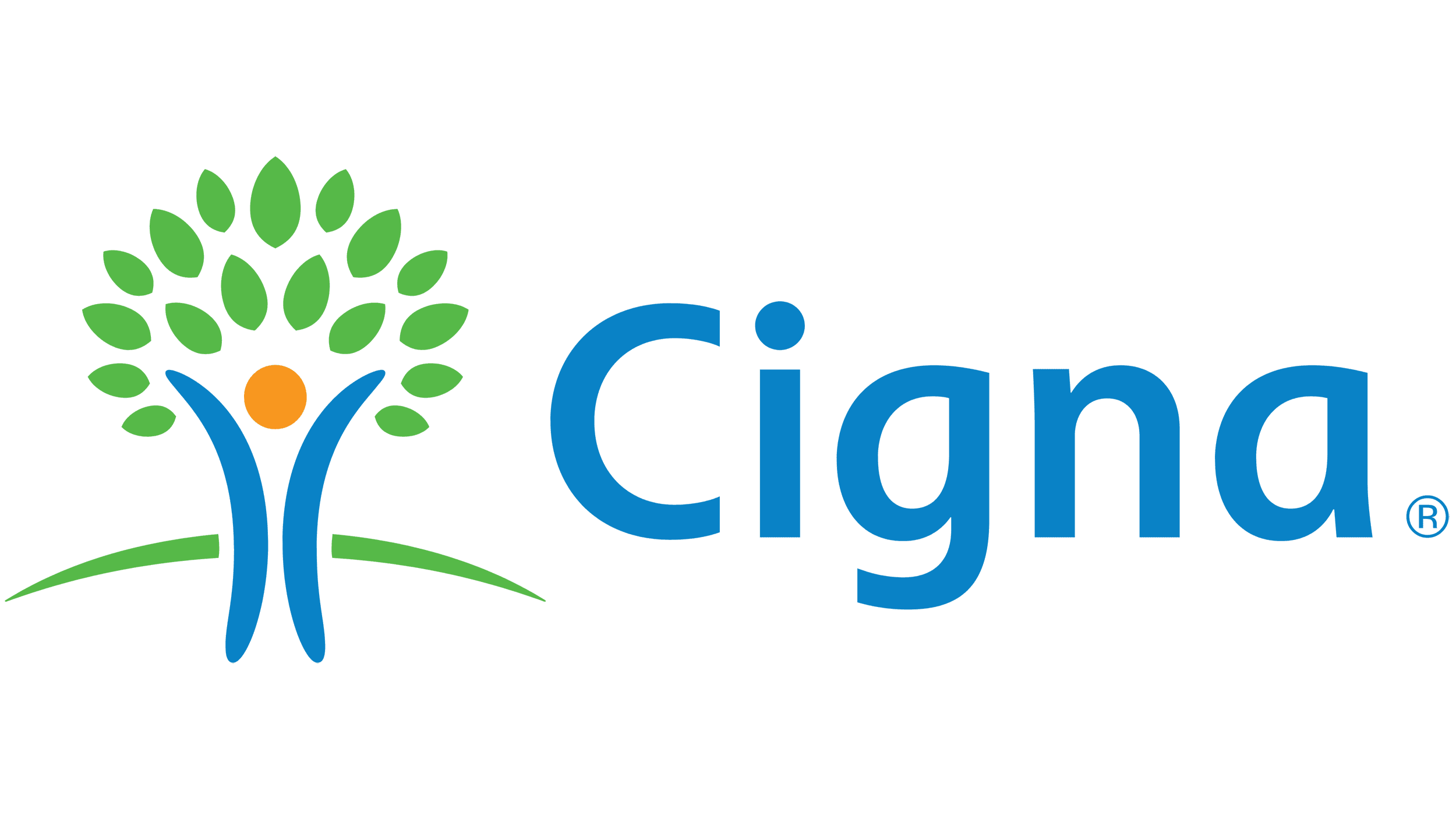Clinical Therapy
Dear prospective new client,
I'm Dr. Nicole Johnson, a licensed clinical social worker and founder of Mindful Counseling Services. I'm here to support you on your journey toward improved mental health and well-being. Whether you're struggling with anxiety, depression, trauma, or other mental health concerns, my client-first approach prioritizes your unique needs and goals. I believe in creating a supportive and collaborative environment for healing and growth.
— Nicole Johnson, Ph.D, LCSWmy specialties include
Anxiety
Stress
Depression
Sleep Issues
Grief and Loss
Work-Life Balance
Life Transitions: Moving, Starting a New Job, a Recent Breakup, etc.
Self-Worth & Self-Esteem
Trauma
Insecurities
Relationship Issues
Boundary Issues
Social Anxiety
Perfectionism
People-Pleasing
Finding Purpose
Self-Awareness
My therapeutic style & Modalities
I am a relational therapist who uses a creative and empowering approach to help clients navigate difficult life transitions and address mental health challenges. I specialize in treating a range of mental health concerns while utilizing a range of theoretical modalities, including psychodynamic, acceptance and commitment (ACT), strength-based, trauma-focused, relational, attachment-based, and cognitive-behavioral (CBT), to empower clients toward self-discovery and personal growth.
Psychodynamic therapy is a form of talk therapy that focuses on unconscious patterns and past experiences to help individuals gain insight into their emotions and behaviors, with the goal of resolving inner conflicts and improving overall mental health.
Acceptance and Commitment Therapy (ACT) is a form of cognitive-behavioral therapy that focuses on mindfulness, acceptance, and values-based action to help individuals develop psychological flexibility and cope with complex thoughts and emotions. It emphasizes the importance of accepting thoughts and feelings rather than trying to control or eliminate them and encourages individuals to take committed action toward their values and goals.
Strength-based therapy is a positive and empowering approach that focuses on identifying and utilizing an individual's strengths and resources to promote growth and resilience. This modality emphasizes the client's strengths, abilities, and potential for positive change.
Trauma-focused therapy provides a safe space for individuals who have experienced trauma to process and work through their experiences. It often includes techniques such as cognitive restructuring, exposure therapy, and mindfulness to help individuals cope with and overcome the effects of trauma.
Relational therapy focuses on the client's relationships with others and how those relationships impact their mental health. The therapist works with the client to understand the patterns in their relationships and helps them develop more meaningful and fulfilling connections.
Attachment-based therapy focuses on exploring a person's past experiences and relationships with primary caregivers to better understand their current patterns of relating to others. The therapist works to help the client develop a more secure attachment style and improve their relationships.
Cognitive-behavioral therapy (CBT) is a short-term, goal-oriented psychotherapy that aims to change negative patterns of thinking and behavior. It focuses on the connection between thoughts, feelings, and behaviors, and works to develop practical skills and strategies to improve mental health and well-being.
Things to consider before scheduling a consultation
-
People seek therapy for a variety of reasons. This may include but is not limited to the following:
Adjusting to change or transitions in life.
Learn healthier coping skills.
Improve the ability to regain balance and process life-altering events, like losing someone.
Processing and healing from past trauma.
To discuss complex issues in a safe, objective clinical space.
Complex relationship issues with family, friends, or colleagues.
-
The benefits of therapy are specific to your situation, and goals and interventions are unique to your needs and desired outcomes. Therapy can help you become more peaceful, grounded, and confident as you work through the underlying issues contributing to your anxiety, depression, relationship issues, and other mental health struggles.
-
Like anything else in life, your chances of succeeding are directly related to your commitment, desire, and effort. Nonetheless, you should expect practical, ethical clinical services from your therapist.
-
You should expect a supportive, consistent, and attuned therapist knowledgeable with clinical treatment and theoretical modalities that best support treating your needs and who challenges you to grow.
accepted insurances











